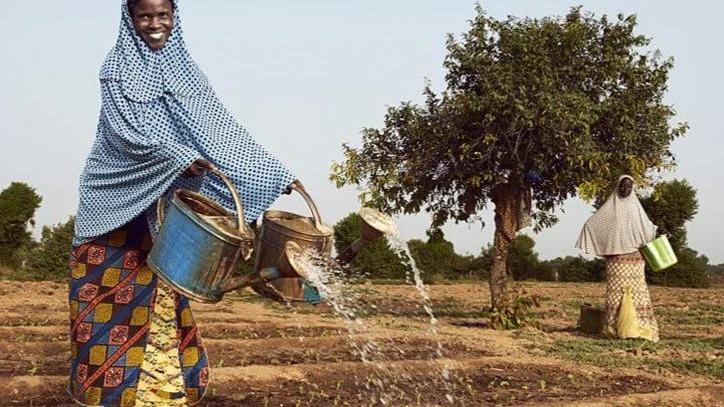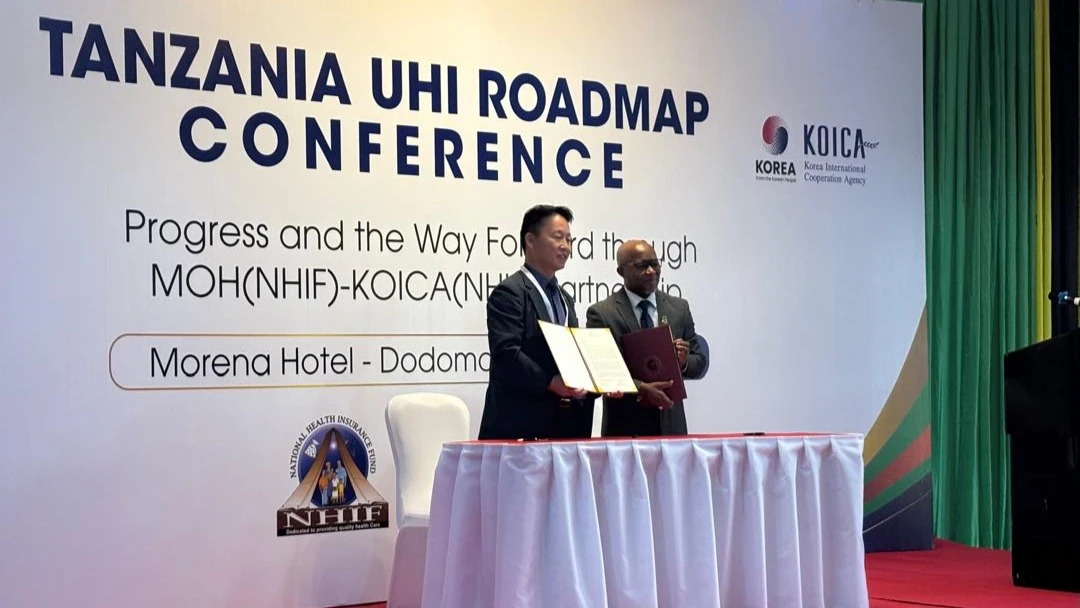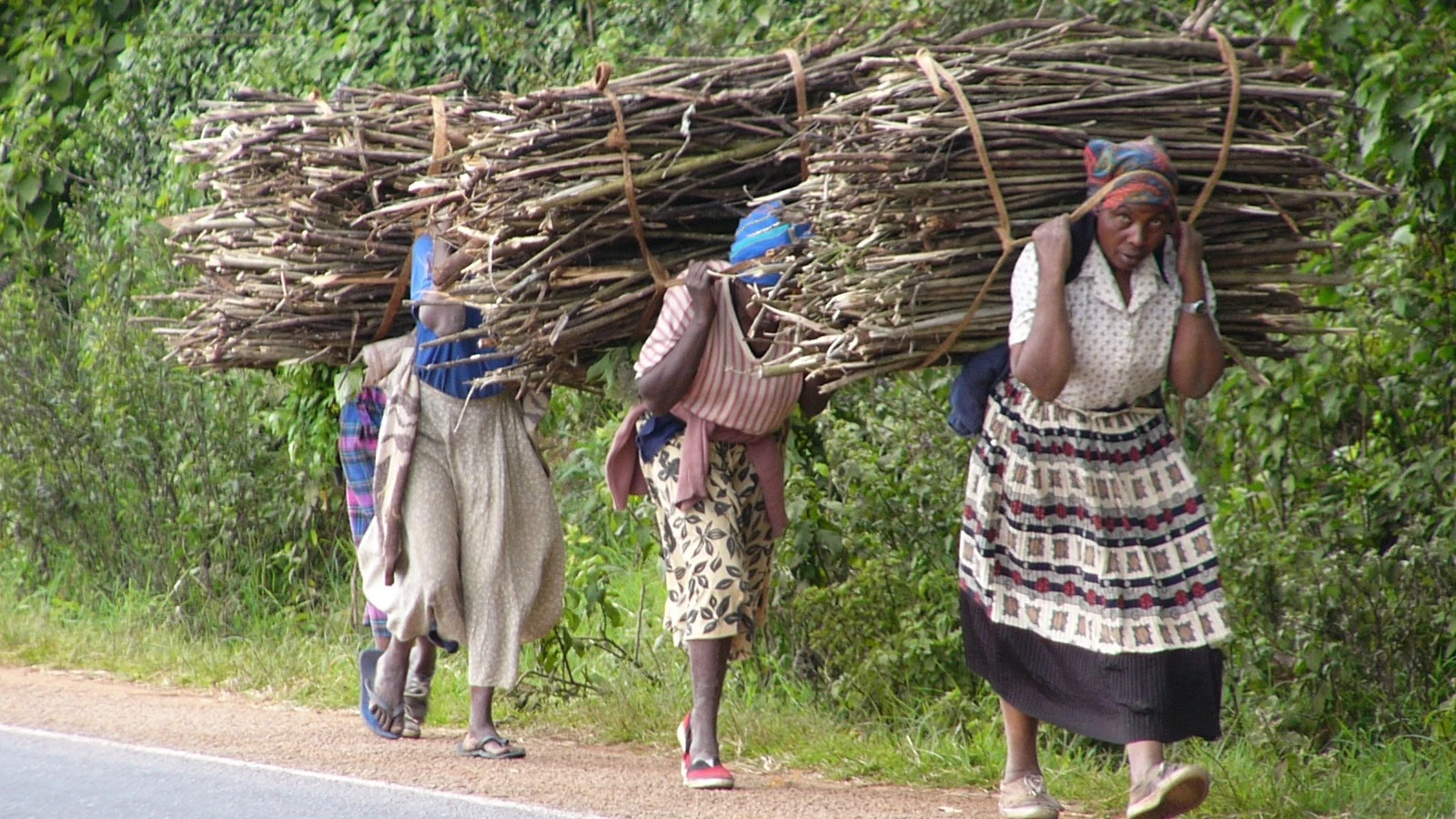New report: Climate risk management panacea for extreme weather events

IT is now clear that every country across the world is affected by climate change, although it is true that some countries are more affected than others, according to the Climate Risk Index 2025 published by Germanwatch.
The report says while extreme weather events have far reaching consequences for humanity and the planet, their impacts are nevertheless underreported in the Global South countries (a coalition of 134 countries) due to data quality, coverage challenges and data gaps.
The report suggests that considering identified needs and the urgency of climate change challenges experienced in developing countries, the $300 billion annually by 2035 can only be seen as “the bare minimum response to the escalating climate change crisis.” More than that is needed for effective interventions.
The report stresses that it is in the interests of high income and highly emitting countries to take mitigation action, including higher climate targets, to stay as close as to 1.5 degrees Celsius warming and keep impacts at a manageable scale. Perhaps developed countries can minimise the impacts of extreme weather events, but how about developing countries like Tanzania and others in Africa which also are plagued by poverty and the mounting public debt burden?
UN Trade and Development (UNCTAD) in its report titled “A World of Debt Report 2024: A growing burden to global prosperity” says: “In 2023, public debt in developing countries reached $29 trillion, accounting for 30 per cent of the global total. This is a substantial increase from a 16-per cent share in 2010 and reflects the rapid growth of public debt in developing countries.”
Thus, the UNCTAD made this urgent call: “Developing countries must not be forced to choose between servicing their debt or serving their people. The international financial architecture must change to ensure a prosperous future for both people and the planet. A reform is not only necessary, it is urgent.”
Global South countries, according to an open educational resource (OER), refer to countries located in the southern hemisphere and are often characterised as developing, less developed or underdeveloped countries. In particular, they are countries located in Africa, Latin America and the Caribbean, Asia (excluding Israel, Japan, and South Korea), and Oceania (excluding Australia and New Zealand). These countries have lower levels of economic development, higher poverty rates and greater inequalities compared to countries referred to as the Global North. Therefore, the Global South countries especially those in Africa are perhaps generally most affected by climate change impacts than any other countries which comprise the Global South.
Climate change has accelerated extreme weather events which include scorching sun, sea level rise, floods, prolonged droughts, raging wildfires, rainstorms, windstorms and below average or no rain at all. However, the Climate Risk Index 2025 report highlights five of them, namely floods, storms, heat waves, drought, and wildfires. The impacts of these, the report says, are already reshaping economies, societies, and ecosystems at an alarming pace.
Giving examples of the inherent human cost of extreme weather events, the report says from 1993-2022 (in a 30-year period) at least 765,000 people have lost their lives across the world and direct losses of about $4.2 trillion (inflation-adjusted) from over 9,400 extreme weather events. As long as there is climate change the extreme weather events will continue striking and causing losses of lives and destruction of infrastructure, as well as damage to property, and food and cash crops.
The report says the World Economic Forum (WEF) “ranked extreme weather events as the second most pressing short-term global risk of 2025, projecting them to become even more severe and the leading threat within the next decade.” According to Climate Risk Index 2025, as the world approaches the +1.5 degrees Celsius temperature threshold sooner than anticipated by the latest Intergovernmental Panel of Climate Change (IPCC) report, the associated irreversible impacts and risks are increasingly evident, and disproportionately affecting the most vulnerable people and countries.
African countries and people are the victims of rising temperatures and since only a few people take the trouble to mitigate climate change more weather vagaries are likely to strike. However, Climate Risk Index 2025 recommends mitigation interventions to climate change. The report suggests that although it is projected that by 2050 climate change could cost the global economy up to $38 billion annually (the cost being primarily through losses in agriculture, infrastructure and public health), the path forward is not without hope.
It says since effective climate adaptation and disaster risk management strategies have successfully reduced risks they must be implemented to mitigate the risks. The report emphasises the potential of targeted, localised adaptation and disaster risk management strategies to reduce-climate related deaths, build resilience and mitigate economic burdens. As it is often said, let us ‘think globally and act locally’.
Top Headlines
© 2025 IPPMEDIA.COM. ALL RIGHTS RESERVED

























